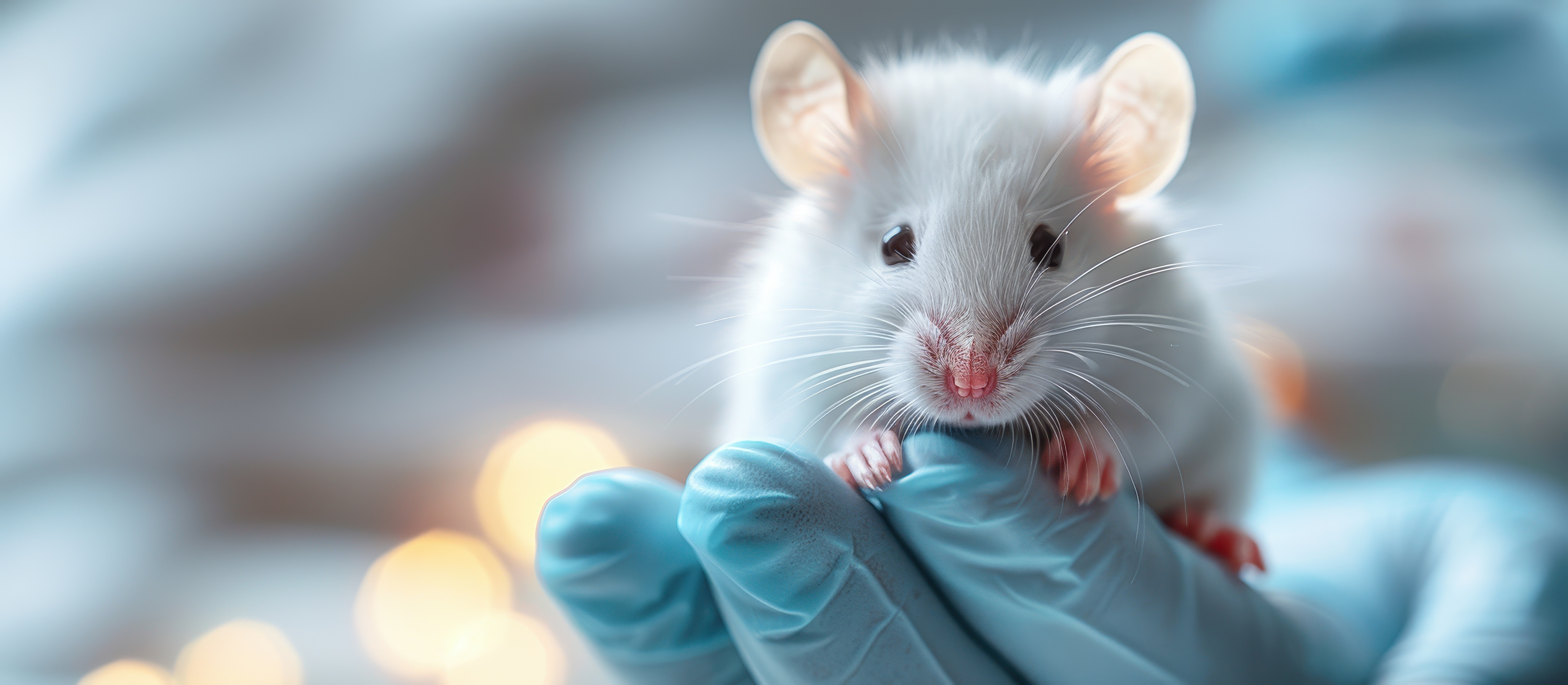By Natalie Hartley
On the 28th of January 2025, the first mouse with male same-sex parents survived to adulthood.
Previously in 2018, mice pups with same-sex female parents were born. The researchers took embryonic stem cells from a female mouse and edited the gene to remove the maternal imprinting from three parts of the DNA, making its imprinting pattern appear more ‘male’.
A similar experiment was done with same-sex male parents, which resulted in the mice pups only living for a few days. Genetically-modified stem cells and sperm were injected into an egg that had its genetic material stripped from it. These embryos were carried to term after being transferred into surrogate mothers, and the mice only survived 48 hours after birth. Christophe Galichet, a scientist working at the Francis Crick Institute, told the Guardian that the authors of the research paper have ‘made an extremely important step forward in understanding why mammals can only reproduce sexually’ and that it was ‘unthinkable to generate a human baby that way.’
Years later, this reproductive science has progressed far enough for these mice to survive to adulthood. This was achieved using embryonic stem cell engineering. In the previous experiments, the mouse embryos during fertilisation developed genetic issues, which caused these mice to only live for a short period of time.
Researchers suggested that the root cause of these genetic issues was the ‘imprinting genes’, which are usually inherited from both a male and female parent. Professor Qi Zhou said to the BBC that ‘even when constructing bi-maternal or bi-paternal embryos artificially, they fail to develop properly, and they stall at some point during development due to these genes.’
This led the researchers to modify 20 imprinting genes before the embryos were implanted into the surrogate mothers. This allowed them to create bi-paternal mice, some of which survived to become adults.
This milestone in reproductive science, however, does not have solely good news. The researchers stated that only 11.8% of the embryos survived to birth and many did not survive further because of defects. Among the mice that survived, all were sterile, with abnormal growth and shorter lives. The next steps, as stated by the research team, is to test this research on animals like monkeys, but given these gene defects, at this point in the research, it is not clear whether this technology will ever be ready to use on humans.
